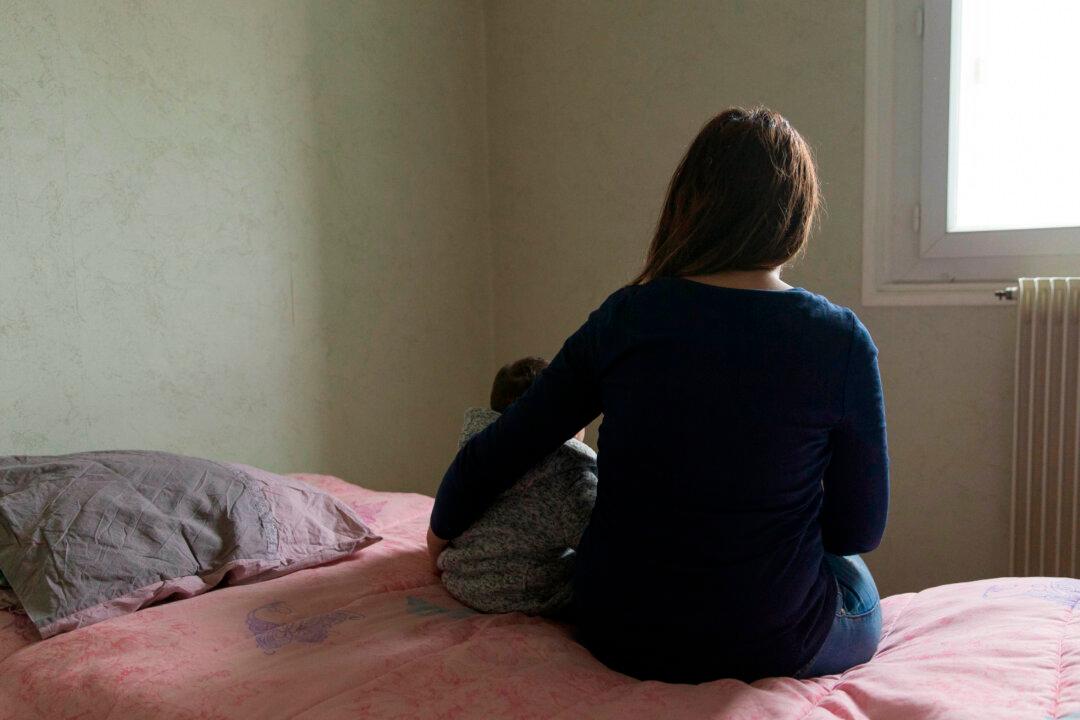Australia has insufficient social service responses in place to keep at-risk families safe during a crisis, a study has found.
Front-line social services responses to family violence, sexual assault services and child protection in Victoria were stretched during the COVID-19 pandemic, according to the research led by Centre for Family Research and Evaluation at Drummond Street Services, RMIT’s Centre for Innovative Justice and the Australian Institute of Family Studies.




